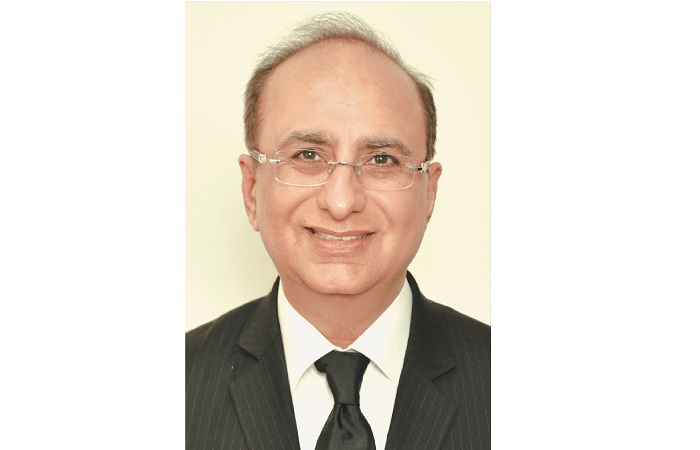While in the long-term, there are clear benefits of GST, there is also an urgent need to rationalise the multiple GST tax rates across the hospitality segment, believes Dharam Reshamwalla, Senior Area Director of Finance—South Asia, Marriott International.
The hotel industry was earlier structured with a multiple taxation system comprising the luxury tax, entertainment tax, service tax, etc, but now all the taxes have been harmonised into one tax summed as GST. The introduction of GST, which was hailed as one the biggest and most far-reaching tax change since independence, was welcomed by all as it was intended to reduce and remove anomalies, ensure better compliance, widen the tax base and reduce administrative procedures, thereby reducing business transaction cost and help in the ease of doing business in India.
Within a year of introduction, GST has turned out to be a mixed bag for the hotel industry. The tax reform has eased the understanding of taxes across domestic and foreign nationals. This has led to more influx of international customers, better industry growth and improved revenues for the government as well as the industry. Improved transparency has been achieved in doing business as both clients and suppliers are required to be registered for GST. The industry finds it easier to claim and avail input tax credit as compared to VAT regime where all the inputs were not eligible for the credit, for instance, cleaning supplies, guest supplies, etc, thereby resulting in cost savings and consequently increasing profitability.
While in the long-term, there are clear benefits of GST, there remain some challenges which needs to be investigated for remediation. Chargeability based on the ‘declared tariff’ rooms rates and procedures related to input return credit is still unclear. Software systems are still being modified for charging as well as collating data for GST returns. There is also a need to rationalise the multiple GST tax rates across the hospitality segment. Stand-alone restaurants have a GST of 5 per cent while five-star hotels are to levy taxes at 12 per cent, 18 per cent and 28 per cent. Amongst countries in Asia Pacific and Middle East, GST rates prevalent in India is the highest which makes it a less favoured destination, especially for MiCE and leisure business.
The liquor sale in hotels and restaurants are still subject to VAT and are not under the ambit of GST. Similarly, electricity, diesel and gas, to cite a few examples, are currently excluded from GST. The intra-state passing of the input credit of GST is not allowed for the hospitality industry, an unfavourable condition for the corporates.
Though GST is a step in the right direction and the government needs to be applauded for it, there is still some work to be done to fulfill the intent for which it was implemented.
 TravTalk India Online Magazine
TravTalk India Online Magazine





